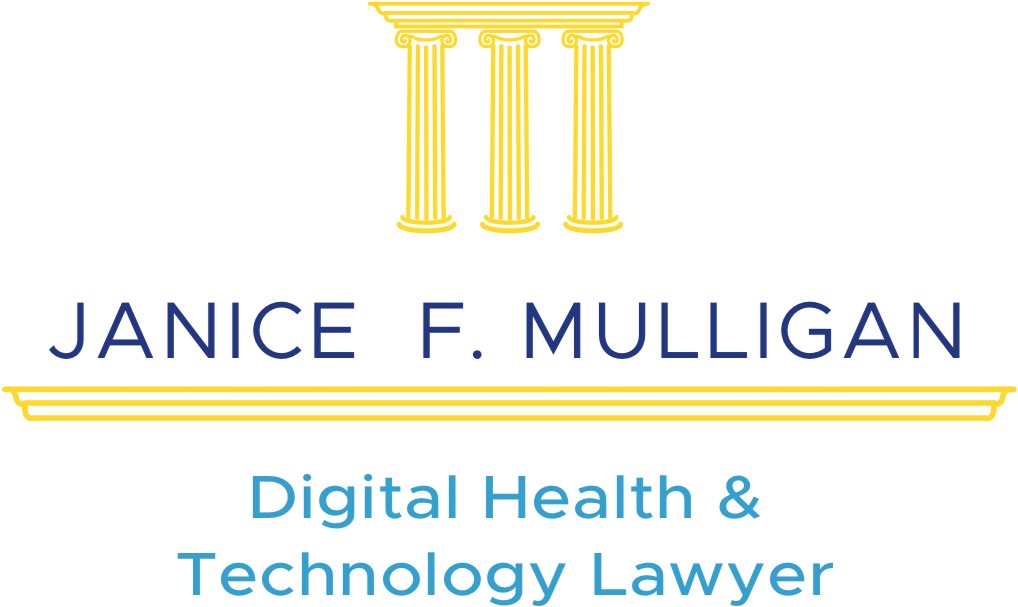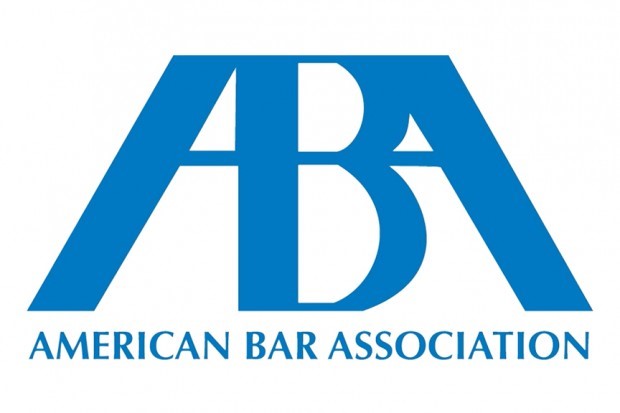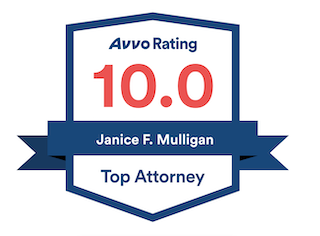BREAST CANCER CHARITY SCAMS
0 CommentsWith the coming of Breast Cancer Awareness Month in October, it’s a good time to talk about charity scams. Our firm handles fraud actions in the healthcare context, and scams burn us up. Do some research — know your donation dollars are going to actually support breast cancer research and programs. As one site put it, “Think Before You Pink.” This includes not just donating, but purchasing products which purport to give to breast cancer research.
Look for well-established charities, ones that are transparent about how funds are spent, and especially those that will disclose financial records.
My family recently decided to donate an older family car to the fight against breast cancer. We found a site coming up first on internet searches. A call to the site number had a representative saying suspicious things. We did more research. Good thing. On further research, the charity appeared convoluted, difficult to track, and was criticized for not being reliable for charitable giving. For example, it appeared that the charity took in $5.7M in revenues in 2013, but their expenses claimed were $5.65M. The Form 990 on file with the IRS showed that very little money actually went to a true charitable purpose. Do we know whether it was a trustworthy charity? No, there was not enough out there to assure us, and plenty to raise red flags. In the end, the car went not to them, but to a different charity with solid figures and accountability.
If you think the warm, fuzzy charity that is tugging at your heartstrings is worth your $$, make sure it can support its claims. Try this link set up by the California Department of Justice: https://oag.ca.gov/charities. Put the name of the charity to which you’d like to donate in their Charity Research Tool. Be cautious if your charity does not appear, and do further research. You also may want to take a look at this scary recent news clip: http://www.cnn.com/2015/05/19/us/scam-charity-investigation/. Bottom line: Sadly, charity scammers are out there, and you’ve got to be vigilant so you don’t get “pinked in a wink.”












